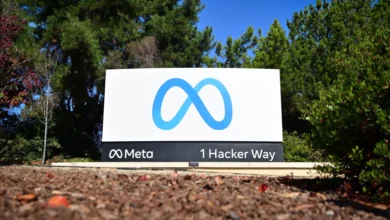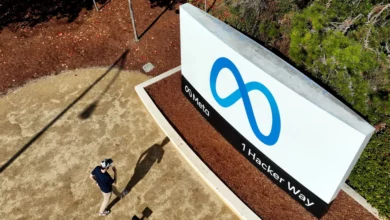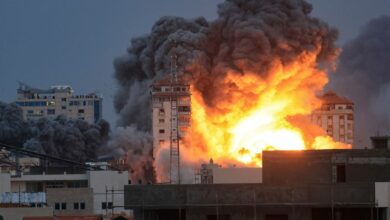President Mohamed Morsy has largely picked up where Hosni Mubarak left off in terms of media freedom. A case in point is the constitution.
Critics argue that the constitution, which was just approved by 63.8 percent, does not go far enough to protect media freedoms.
Article 48 guarantees freedom of the press and media independence “while respecting the sanctity of citizens’ private lives and the requirements of national security.” It makes a court order mandatory for the closure of media outlets.
Article 49 guarantees freedom to publish and own newspapers, while the establishment of radio and television stations is “regulated by law.”
In Article 215, the National Media Council is made responsible for regulating all forms of media including the digital press. Notably, amongst its duties is to “observe the values and constructive traditions of society.”
Karim Abdel Rady, a lawyer with the Arab Network for Human Rights, expresses concern that this could open the door to the imposition of restrictions on media freedom in the name of morals and Sharia.
Meanwhile, Article 216 states that the National Press and Media Association is responsible for state-owned media.
Safwat al-Aalem, head of Cairo University’s committee on media performance and evaluation of the political media, says the formation of the National Media Council will be decisive for the future of media.
Aalem says factors such as its composition, the powers granted to this council and the extent to which it is subject to administrative interference will be critical in determining its role.
Abdel Rady tells Egypt Independent that the constitution is silent on custodial sentences for crimes concerning insulting the president.
“In Mubarak’s era, we faced the problem of insult crimes. It now seems that in the coming period we’ll also be facing problems such as blasphemy crimes. It will be easy to interpret any media content as being in conflict with society’s morals where individuals are criticized,” Abdel Rady says.
He expects increased restrictions on media freedom in the year to come, particularly if Islamist currents gain a majority in the upcoming People’s Assembly elections.
“The media is currently the target of Islamist groups. They will pursue it through legal cases, sieges and protests — as Hazem Abu Ismail’s supporters did outside Media Production City,” Abdel Rady says, adding that Islamist groups often stage protests before decrees are issued in order to make it seem that these decisions reflect a popular demand.
In December, Islamists staged a sit-in outside the Media Production City in 6th of October City — where several independent media outlets are based — calling for media purging of anti-Islamist figures.
On the ground, restrictive moves have already been unfolding. In the summer, the Muslim Brotherhood-dominated Shura Council has appointed the heads of 45 state newspapers.
Meanwhile, in October, and in an unprecedented move, the Shura Council dismissed Al-Gomhurreya editor-in-chief Gamal Abdel-Rehim after the newspaper published a story claiming that former members of the Supreme Council of the Armed Forces had been banned from travel due to corruption investigations against them.
In the private media sphere, unchanged defamation laws continue to make the media vulnerable to litigation — with a chilling effect on freedom of expression.
Copies of the vocally anti-Muslim Brotherhood Al-Dostor independent daily were seized in August and its editor then, Islam Afifi charged with defaming the president. Afifi was subsequently released after Morsy issued a decree banning the detention of journalists for media-related offences.
In October, controversial satellite television presenter Tawfik Okasha was found not guilty of insulting the president. His channel al-Faraeen was also suspended.
Veteran presenter Mahmoud Saad was questioned for three hours earlier this month after his guest, psychiatrist Manal Omar, described Morsy as a “psychopath” on air. Omar herself is being investigated on charges of insulting Morsy after the presidency took legal action against her.
Bassem Youssef also faces the same charges in a separate case in relation to a skit on Morsy aired on his satirical program “El Bernameg.”
Journalist Ibrahim Eissa also faces charges of insulting religion in comments made about Morsy following a case filed by lawyer Mamdouh Ismail. Eissa is the same journalist who faced a jail sentence for writing about former President Hosni Mubarak’s health.
In a mass protest at the beginning of December, newspapers protested media violations and four satellite channels went black the next day. Several of Egypt’s independent dailies published the same full-page image on their front pages in protest at restrictions on press freedoms in the draft constitution.
Ibrahim Nawar, head of the Egyptian Organization for Freedom of the Press, suggests that the media war is a reflection of the division between Islamists and secular currents that will continue as long as polarization in the Egyptian street continues.
The danger of this split, Nawar says, is illustrated by the inflammatory tone adopted by many religious satellite channels, which “incites audiences whose political awareness is weak.”




